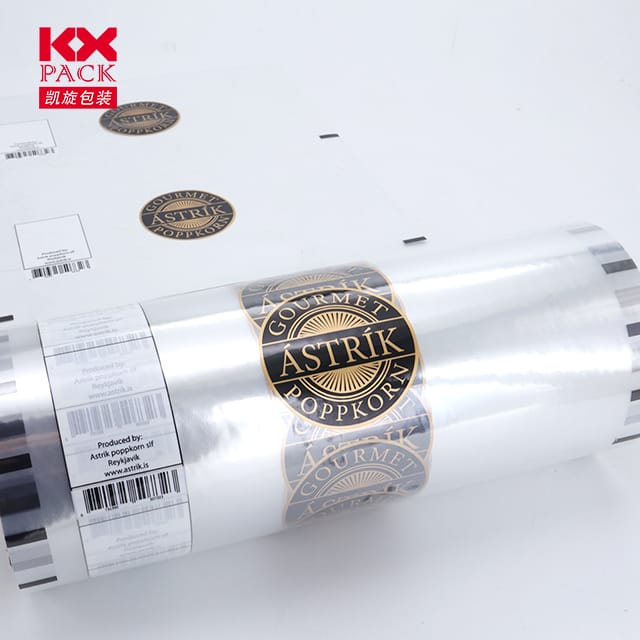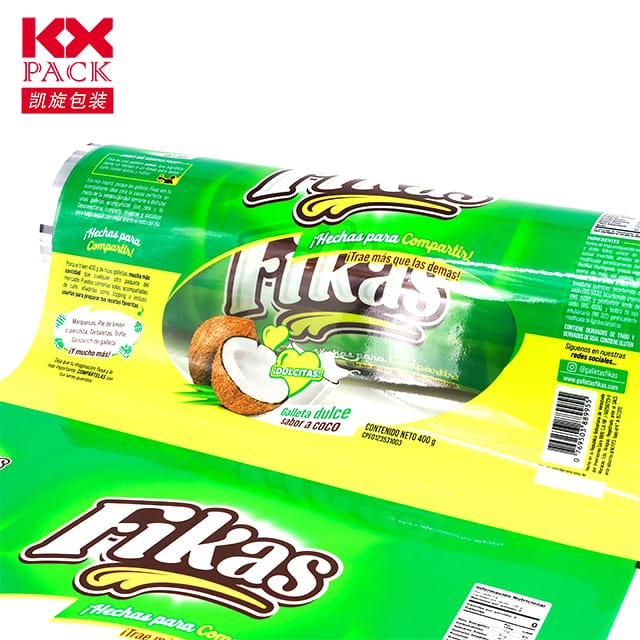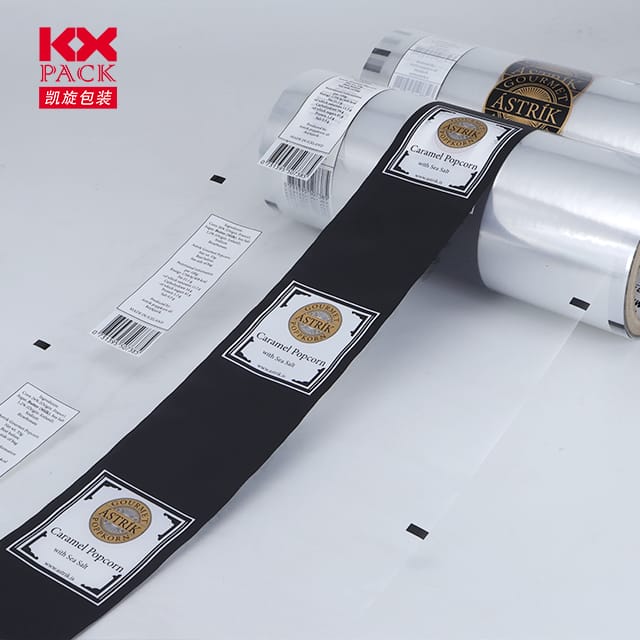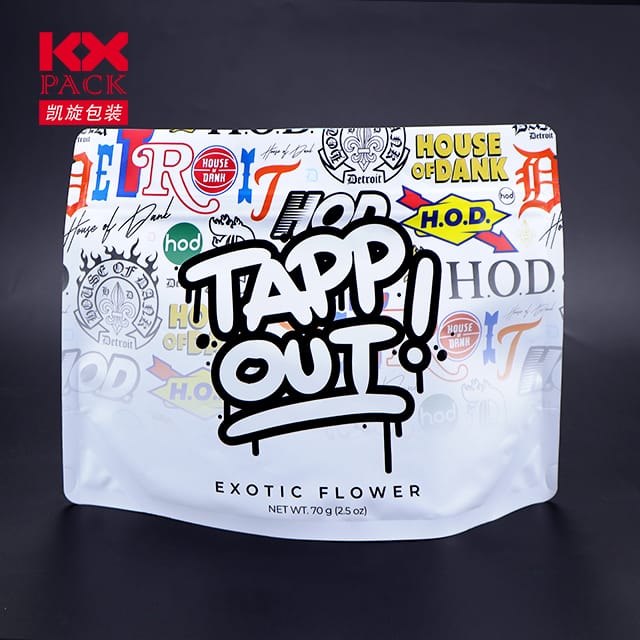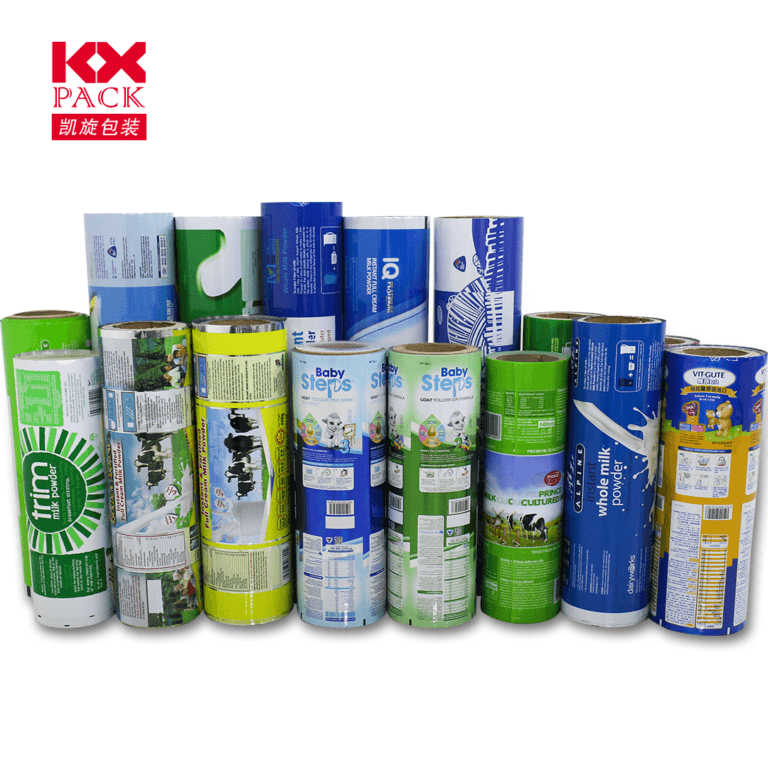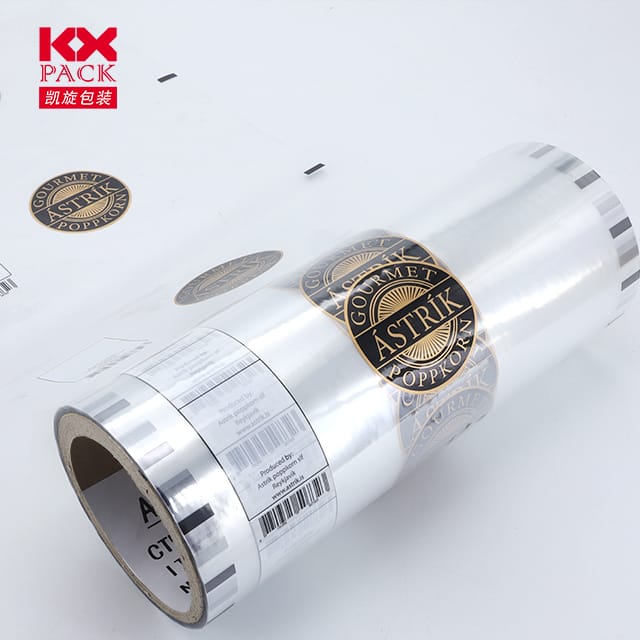探索酱汁片的创新和多功能性(4)
酱汁胶片
在不断发展的食品包装景观中, 为了方便起见,一项创新脱颖而出, 可持续性, 和适应性: 酱汁胶片. 这部专业电影, 旨在封装调味料, 调味品, 和一次性袋中的调味料, 已经改变了消费者和企业如何处理部分控制, 食品安全, 和减少废物. Let’s dive into the key aspects that make Sauce Sachet Film a game-changer in the culinary world.
What is Sauce Sachet Film?
Sauce Sachet Film is a thin, flexible packaging material engineered to hold liquid or semi-liquid sauces. Unlike traditional bulk containers, these sachets offer precise portioning, reducing overuse and waste. The film is typically composed of multi-layered materials like polyester (宠物), 铝箔 (铝), 和聚乙烯 (体育), ensuring barrier properties that protect the sauce from moisture, 氧, and light—critical for preserving freshness and flavor.
关键特征和好处
- 便利性和便携性:
Sauce Sachet Film allows consumers to carry sauces effortlessly, whether for picnics, travel, or on-the-go meals. 对于企业, it streamlines foodservice operations by enabling easy distribution of condiments like ketchup, mustard, or mayonnaise in restaurants, 咖啡馆, and fast-food chains. - Enhanced Food Safety:
The hermetic seal of sachets prevents cross-contamination, a significant concern in food handling. This is particularly vital for sauces like Caesar dressing or tomato paste, which are prone to spoilage if exposed to air. - 可持续发展:
While traditional sachets have faced criticism for single-use plastic waste, advancements in material science have led to eco-friendly alternatives. 例如, some films now incorporate biodegradable polymers or recyclable materials, 与全球可持续发展目标保持一致. - 定制和品牌:
Brands can leverage Sauce Sachet Film for targeted marketing. The film’s surface can be printed with vibrant graphics, 营养信息, or branding elements, enhancing shelf appeal and customer engagement.
跨行业的申请
- Foodservice: Restaurants use sachets for takeout orders, ensuring sauces remain intact during transit.
- 零售: Supermarkets stock pre-packaged sachets of marinades, salad dressings, or dipping sauces, catering to busy consumers.
- 热情好客: Hotels and airlines offer sachets of ketchup, 我是酱汁, or hot sauce in mini-bars or meal kits.
- 新兴趋势: The rise of frozen sauce sachets, such as Central Foods’ collaboration with Essential Cuisine, highlights the film’s adaptability to frozen food applications, preserving taste and texture even after freezing and reheating.
技术进步
Recent innovations in Sauce Sachet Film focus on improving user experience and functionality:
- Easy-Open Designs: Perforations or tear notches simplify opening, addressing a common consumer pain point.
- Functional Additives: Incorporating opening爽滑剂 (slip agents) reduces friction, ensuring smooth unwrapping and preventing tears during packaging or handling.
- 智能包装: Future iterations may include temperature-sensitive inks or QR codes for traceability, adding a layer of consumer interaction.
市场趋势和未来前景
The global cooking condiment market, which includes sauces packaged in sachets, is projected to grow significantly. Key drivers include rising demand for convenience foods, expanding e-commerce channels, and a shift toward sustainable packaging solutions. As consumers prioritize hygiene and portion control, Sauce Sachet Film is poised to become a staple in both household and commercial settings.
结论
Sauce Sachet Film represents a harmonious blend of innovation and practicality. By addressing challenges related to convenience, 安全, 和可持续性, it redefines how we interact with sauces in our daily lives. 无论您是食品制造商, 零售商, 或消费者, embracing this technology opens doors to a more efficient, enjoyable, and eco-conscious culinary experience.
What’s your favorite sauce in a sachet? 在下面的评论中分享您的想法!

